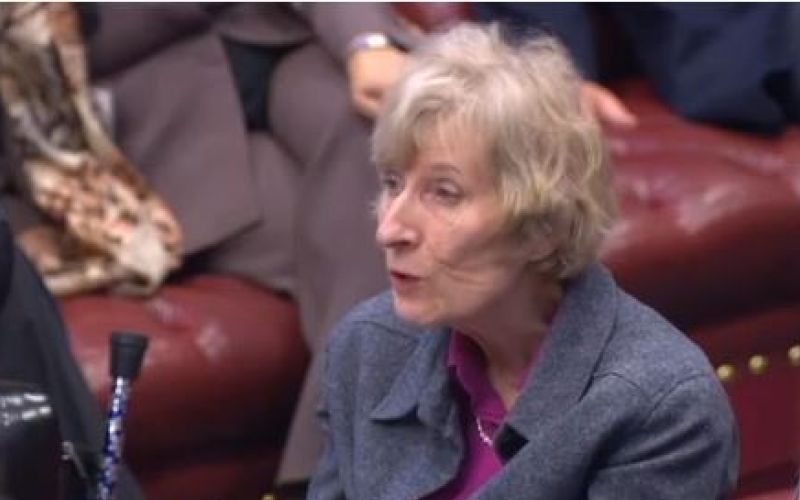The government has finally announced the date when it will bring into force regulations that will ban taxi drivers from discriminating against wheelchair-users, more than 20 years after they were first included in legislation.
From 6 April, taxi and private hire vehicle drivers will face a fine of up to £1,000 if they refuse to accept wheelchair-users, try to charge them extra, or fail to provide them with appropriate assistance.
The announcement has been seen as a success for a committee of peers that called for the move last year.
Successive Labour, coalition and Conservative governments have refused to bring the measures into force, since they were included in the Disability Discrimination Act 1995, and then incorporated into the Equality Act 2010.
But the Equality Act 2010 and disability committee, which included several disabled peers among its members, and reported last March on the impact of equality laws on disabled people, called in its report for the measures to be implemented.
The government had spoken in evidence to the committee about the “burden” on taxi drivers of bringing the regulations into force.
But the committee concluded that the government’s excuses for failing to bring sections 165 and 167 of the Equality Act into force were “entirely unconvincing” and that ministers “should be considering the burden on disabled people trying to take taxis, not the burden on taxi owners or drivers”.
Seven weeks later, in May last year, transport minister Andrew Jones announced that the two sections would finally come into force.
He announced this week that that would happen on 6 April.
Baroness [Celia] Thomas (pictured), the disabled Liberal Democrat peer whose idea it was to set up the Equality Act 2010 and disability committee, said: “At long last the law will change from 6 April, and life will become a little bit easier for many disabled people who have to use taxis.
“It is nearly a year since the government promised this in response to the House of Lords’ Equality Act 2010 and disability committee report, and shows how a committee’s recommendation can finally spur the government into long overdue action.”
Baroness [Jane] Campbell, the disabled crossbench peer, who also sat on the committee, said: “I have been regularly reminding the government to switch on the taxi regulations to make it illegal to ignore disabled passengers, leaving them sitting at the roadside, since we launched our report last April.
“I guess it shows persistence pays. So, for fear of sounding ungrateful – at last!”
The government will be consulting on a draft accessibility action plan later this year, which will seek to address the barriers faced by disabled people in accessing all types of public transport.
Jones said in a statement: “We want to build a country that works for everyone, and part of that is ensuring disabled people have the same access to services and opportunities as anyone else – including when it comes to travel.
“People who use wheelchairs are often heavily reliant on taxis and private hire vehicles and this change to the law will mean fair and equal treatment for all.”
The new rules will apply in England, Wales and Scotland and will affect vehicles that are designated as wheelchair-accessible, and will apply to both taxis and private hire vehicles.
As well as fines of up to £1,000, drivers could also face having their taxi or private hire vehicle licences suspended or revoked.

 Frustration after government only issues partial ban on new floating bus stops
Frustration after government only issues partial ban on new floating bus stops Disabled peers plan to ‘amend, amend, amend, amend, amend’ after assisted dying bill reaches Lords
Disabled peers plan to ‘amend, amend, amend, amend, amend’ after assisted dying bill reaches Lords Disabled students set to protest over cuts in support
Disabled students set to protest over cuts in support